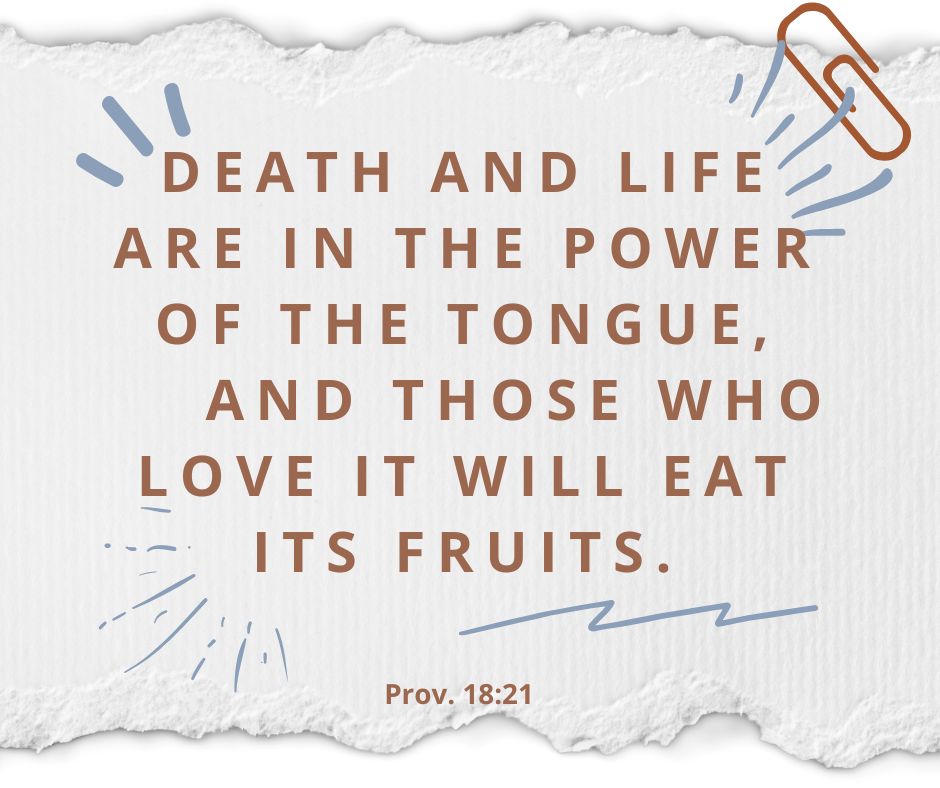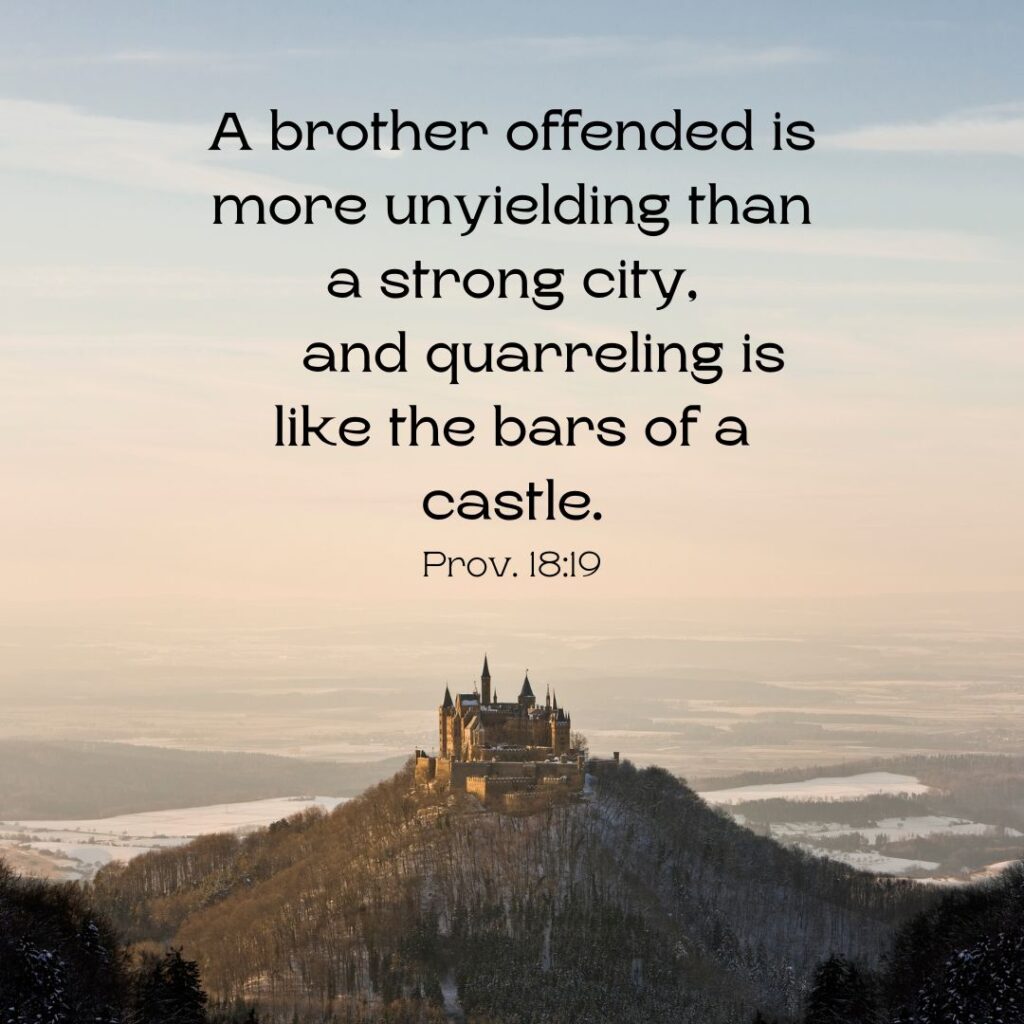One minute read.

Daily Reading: 1 Chronicles 16:37-18:17, Romans 2:1-24, Psalm 10:16-18, Proverbs 19:8-9
Daily Verse: “A false witness will not go unpunished, and whoever pours out lies will perish.” Prov. 19:9
Will perish.
Telling lies causes punishment, and whoever pours them out will perish. False tales don’t pass the test of time. Truth always reveals itself, and the lies fall away.
Spending the first twelve years of my life in a small community taught me this lesson. I always got caught, no matter what the crime. Everyone knew my parents, and so when little Bethie strayed off the straight and narrow, someone inevitably turned me into Mom or Dad.
Liars will get their just rewards. God knows everything, especially the lies we tell. We can’t fool the Lord or anyone else; eventually, our false tales will get exposed, ruining our reputations and causing consequences we won’t want to endure.
Strive to tell the truth. Set an example for the fallen word. Value integrity and reap the rewards of honest living. The good thing about telling the truth, you don’t have to remember what you said. But when you spin tall tales, you must keep track of who you said what, which eventually will lead to your demise.

Lord, forgive us for lying. Give us the strength and courage, to tell the truth always. Let the Holy Spirit guide and direct our words, helping us become more like Christ, who came to tell the truth. In all things, may You receive the honor and glory. IJNIP. Amen









